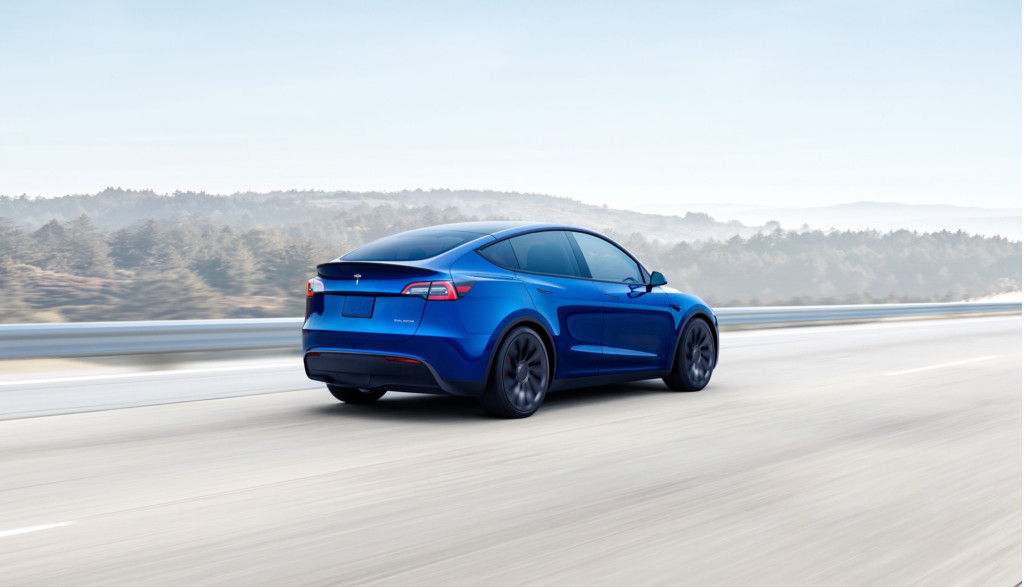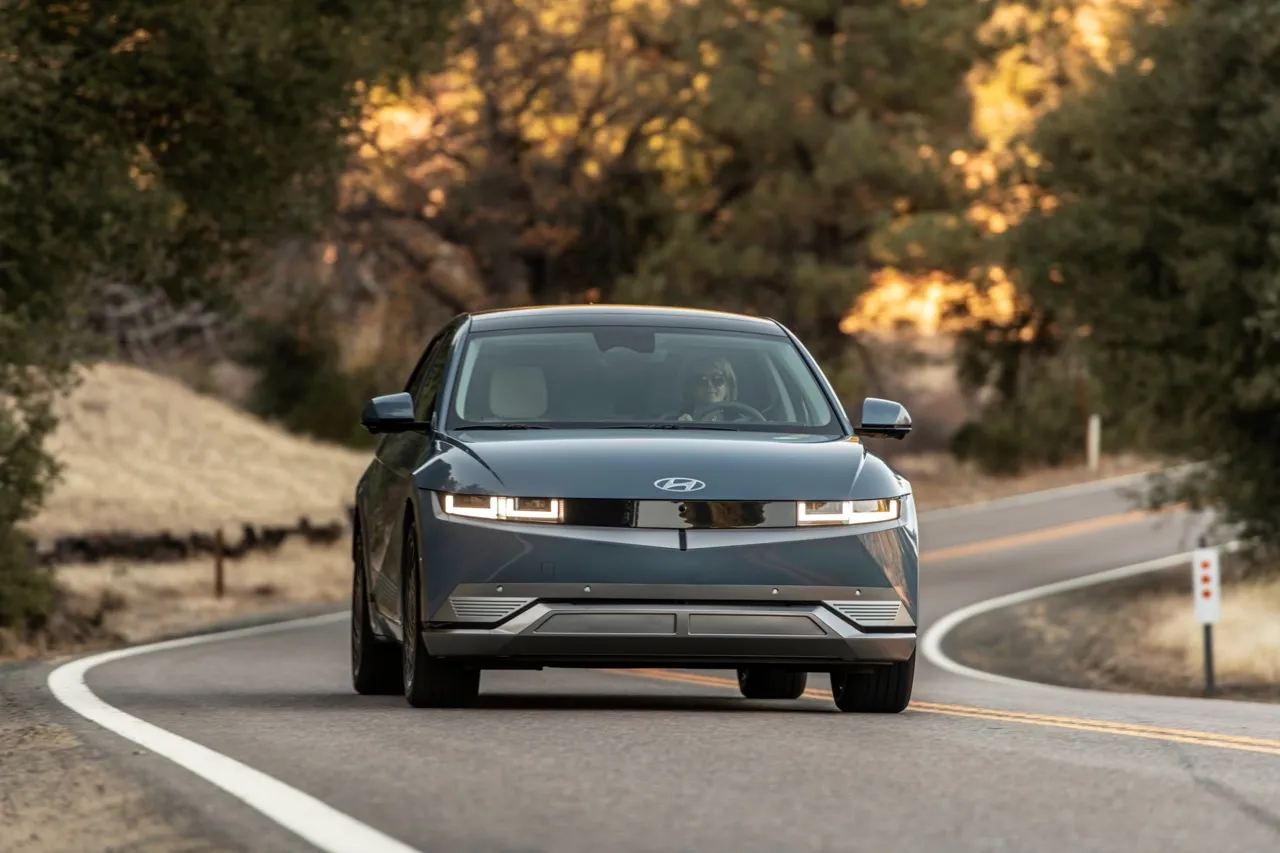U.S. sales of EVs and hybrids are both soaring, but there’s a key difference that distinguishes EVs: By and large, the ones that are selling well remain priced as luxury goods.
That’s one of the takeaways from an electrified vehicle sales update, released Monday by the U.S. Energy Information Administration (EIA).
Harnessing data from Wards Intelligence, the EIA found that hybrids, plug-in hybrids, and EVs combined added up to 15.8% of light-duty vehicle sales through the third quarter of 2023, versus 12.3% and 8.5% for the same periods in 2022 and 2021, respectively.
2014-2023 Sales of EV, hybrid, PHEV (U.S. EIA)
EV sales themselves have been strong. In the third quarter, EVs, hybrid, and plug-in hybrids amounted to a combined 17.7% of vehicle sales, buoyed by sales gains for each vehicle type. By powertrain, the only powertrain type that is consistently dropping in the sales mix is non-hybrid internal combustion models.
The EIA noted that the average transaction price for EVs fell 5% during the third quarter, to $50,283, bringing EVs within $3,000 of the average vehicle price for the market as a whole. That includes a 24% drop from EVs’ price peak in spring 2022, when everything from dealership EV markups to Tesla price hikes applied a premium that, for a time, eager buyers still stepped up and paid.

2023 Tesla Model Y – Courtesy of Tesla, Inc.
But as the EIA results appear to suggest, there’s a vast socioeconomic barrier that EVs have yet to cross—despite tools that consumers can tap into like the EV tax credit. More than 9 out of 10 EV sales nationwide were of vehicles classified as luxury models by Wards, while luxury models made up less than one in five light-duty vehicle sales for the market as a whole.
Or, to put it another way, EVs have made up less than 2% of the non-luxury vehicle market. So setting luxury aside for the moment, that’s not nearly as impressive.
In all, the EIA summary serves to beg the question: In the U.S. market, where are the affordable EVs?
Read the full article here




